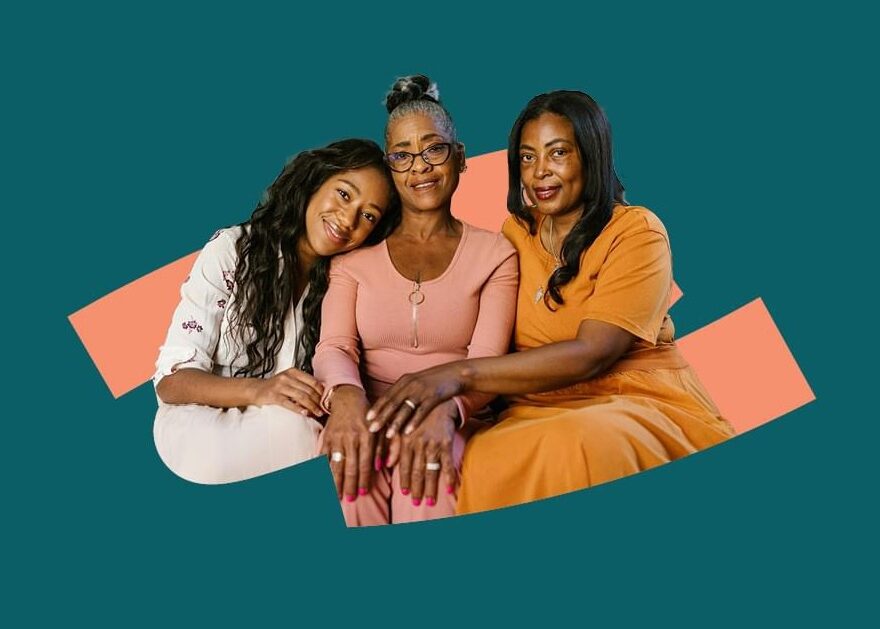
The holiday season is a time of joy, celebration, and connection, but it also brings added stress and demands, especially for women. It is important to prioritize women’s health during that busy time of year. The U.S. Department of Health and Human Services (HHS) encouraged Black women to reflect on how they could maintain and improve their overall wellbeing.
Long COVID
HHS focused on various health issues — hypertension, diabetes, obesity, cardiovascular, and respiratory issues — all of which were prevalent among Black women and made them more susceptible to COVID-19 at disproportionately high rates. As we exited the COVID-19 national health emergency, awareness of Long COVID-19 became especially important. It wasn’t until recently that medical professionals recognized concerns about the effects of Long COVID-19 on Black women, as studies had found Long COVID-19 was more common among women than men.
Get Regular Checkups
If you haven’t had a checkup within the past year, scheduling one may be a first step towards optimal health. Make a list of concerns, including any family history of hypertension, diabetes, heart disease or breast cancer. Also, talk to your doctor about the COVID-19 vaccine or any other vaccines that you may need. Ask about other preventative care measures, such as PAP smears, mammograms, bone density scans, and other screenings.
Mental Health
Amidst the hustle of preparing for the holidays, it is important to press the pause button and carve out time to care for yourself. Letting your doctor or a loved one know if stress, anxiety, or depression is interfering with your daily activities is encouraged. Building healthy habits — exercising regularly, eating nutritious foods, maintaining a healthy weight, managing stress, and practicing good sleep habits — also contributes to cultivating a better quality of life.
Learn more on how reduce COVID-19 risks with Dr. Namandjé N. Bumpus, Principal Deputy Commissioner of the FDA, and Dr. Nirav D. Shah, Principal Deputy Director at the CDC.
Was this article helpful?